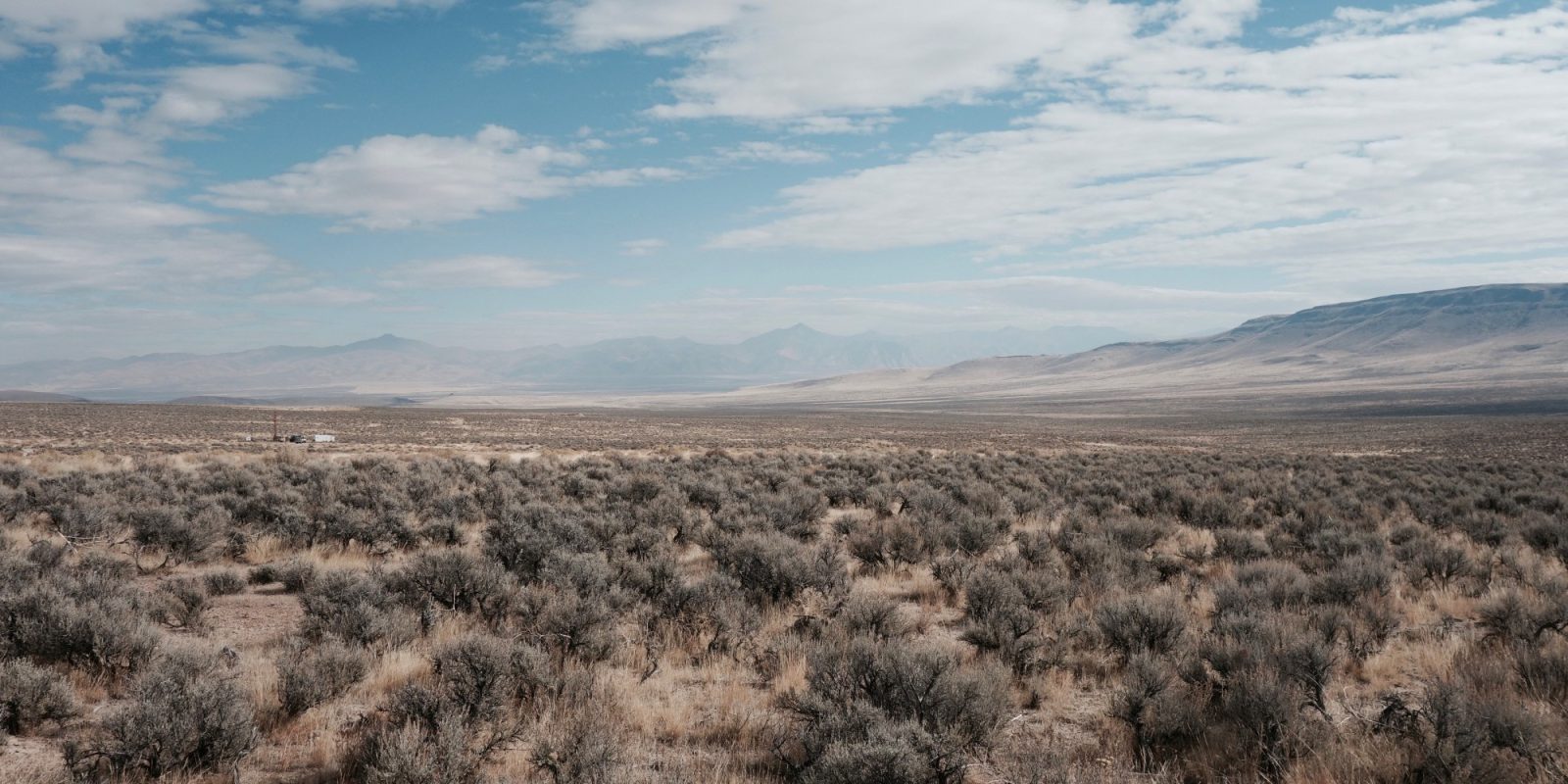
A US district court judge has upheld the federal government’s decision to approve the Thacker Pass lithium mine – North America’s largest known lithium source – after a permit issued in 2020 faced legal challenges.
Lithium is a key component in lithium-ion batteries, which are commonly used to power EVs and renewables. Thacker Pass’s developer, Lithium Americas, will likely start heavy construction this summer. It’s expected to last for around three years.
Conservationists, Indigenous communities, and a local rancher challenged the federal approval of Thacker Pass, arguing that the government failed to analyze the mine’s environmental impacts and did not thoroughly consult Indigenous groups. The Nevada Independent reported yesterday evening, after the judge issued the 49-page mixed ruling:
Judge Miranda M. Du found the US Bureau of Land Management [BLM] generally did not err in approving the permit for the massive lithium mine but asked the agency to revisit one section of the environmental analysis upon which the decision was based. The ruling could pave the way for the mine to proceed and does not undo the federal permitting as challengers hoped.
Jonathan Evans, president and CEO of Lithium Americas, said in a statement:
The favorable ruling leaves in place the final regulatory approval needed in moving Thacker Pass into construction.
The judge ordered the BLM to determine whether around 1,300 acres of the site designated for waste rock contains lithium. That’s because an appeals court ruled in 2022 in a different case that miners do not necessarily have the right to store waste rock or erect buildings on federal land not containing valuable minerals.
Evans also said [via Reuters]:
There is evidence in the record of lithium mineralization throughout the project area.
This is an easy fix.
Last week, General Motors announced that it signed a $650 million deal with Lithium Americas to jointly develop the Thacker Pass project.
The lithium deposit at Thacker Pass is believed to have estimated reserves of approximately 1.3 million tons of lithium carbonate equivalent. It’s located at the southern end of the McDermitt Caldera, in Humboldt County, northern Nevada.
The lithium market is expected to double by 2030 as EV demand accelerates.
Photo: Nevada Division of Environmental Protection
UnderstandSolar is a free service that links you to top-rated solar installers in your region for personalized solar estimates. Tesla now offers price matching, so it’s important to shop for the best quotes. Click here to learn more and get your quotes. — *ad.
FTC: We use income earning auto affiliate links. More.





Comments